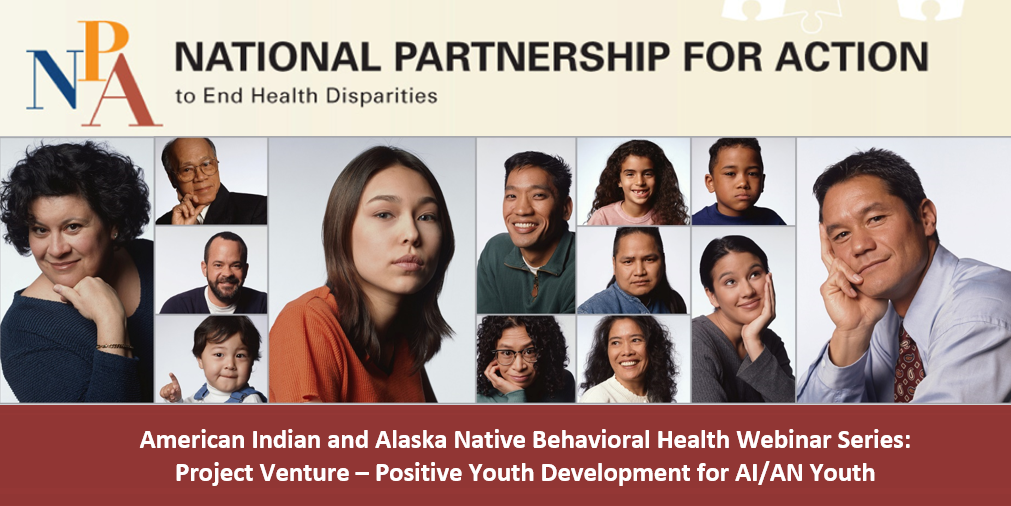Fall Single Mothers Seminar
September 28
Employer Open House, Resource Fair & Guest Speaker
September 28
Employer Open House, Resource Fair & Guest Speaker
Fall is fast approaching and we are excited to let you know that our next People Helping People Fall Single Mothers Seminar will be on September 28 at the Granite Education Center located at 2500 S State Street, SLC. Parking is on the north side of the building.
And best of all, it’s FREE!
The event will showcase over 30 of our community’s best employers at our very popular Employer Open House,
will spotlight valuable community partners at our Resource Fair and will feature
guest speaker
Kim Fischer
Award Winning Journalist & Anchor ABC 4 Utah
Being a Women is Complicated
The event will showcase over 30 of our community’s best employers at our very popular Employer Open House,
will spotlight valuable community partners at our Resource Fair and will feature
guest speaker
Kim Fischer
Award Winning Journalist & Anchor ABC 4 Utah
Being a Women is Complicated
This is a must attend event!!! Bring friends, neighbors, church members and co-workers. Details are below and in the attached save the date flyer.
Please help us spread the word. Simply forward this email and/or print, post and distribute the Save the Date flyer, as appropriate. Share this event with neighbors, friends, co-workers, church members or anyone you know who could benefit from attending this event and learning about our Employment Program. If you can help us distribute flyers, please call us at801.583.5300 or email us at events@phputah.org and we will drop some by your office.
Everyone is Welcome!
While this event caters to single mothers, all low-income women are welcome. Men, you are welcome to attend as well.
Bring a Friend, Meet Employers, Sign up for Services, Win a Prize!
FREE Gift when you register online at http://bit.ly/2017FallSMSReg or call 801.583.5300.
While this event caters to single mothers, all low-income women are welcome. Men, you are welcome to attend as well.
Bring a Friend, Meet Employers, Sign up for Services, Win a Prize!
FREE Gift when you register online at http://bit.ly/2017FallSMSReg or call 801.583.5300.




















